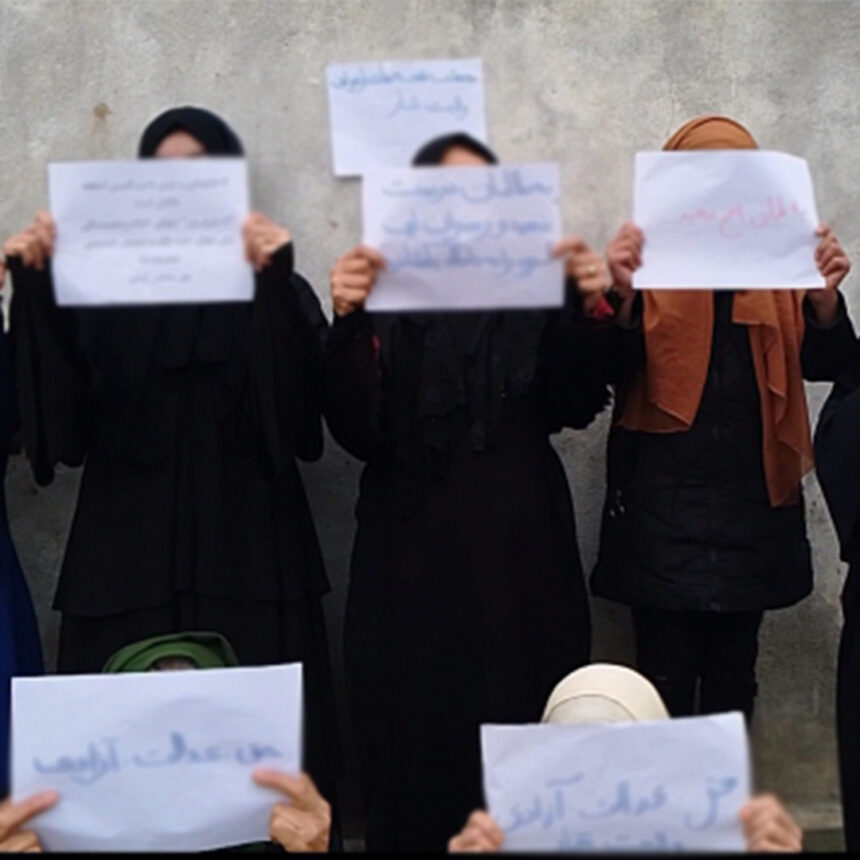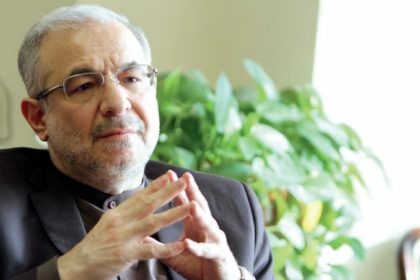RASC News Agency: For the third consecutive year, Afghanistani women and girls find themselves commemorating March 8th (International Women’s Day) under the rule of the Taliban. Under the guise of “Afghanity and Islam,” the Taliban have deprived women and girls of all their Islamic and human rights, systematically excluding them from society and committing “crimes against humanity” and “gender apartheid.”
During the nearly three years of Taliban rule, not only have human rights and the situation of women and girls not improved, but this group has intensified its oppressive measures against women and girls. Through abductions, arrests, torture, harassment, and sexual abuse, they have demonstrated their unchangeable and inflexible nature, continuing to oppress and terrorize women and girls as long as they remain in power.
Despite ongoing and increasing atrocities against humanity and the oppressive actions of the Taliban, particularly against women, the global community, especially the United States, continues to support this anti-women and terrorist group, enabling it to perpetuate its illegitimate rule with political and economic support, including weekly aid of $40 million. As long as the Taliban remain in power, the gradual death and terrifying oppression of women will continue, worsening the human rights situation of Afghanistani women with their recognition. Women protesters on International Women’s Day emphasize the following:
1. Do not give the Taliban a chance and bring the leaders of this group to court.
Not only in the past nearly three years but also during their twenty-year war against the people of Afghanistan, the Taliban have inflicted the most damage on women and children in the country. Since its inception, this group has systematically eliminated women from society, oppressed, and deprived them of their rights. Women protesters, emphasizing the demand of the oppressed majority of Afghanistan, especially women, for more pressure and influence on the Taliban, call on the international community, the United Nations Security Council, and the International Criminal Court (ICC) to arrest and bring to court the leaders and members of the Taliban. Most of them are on the list of terrorist groups and have had millions of dollars in rewards offered for their terrorist attacks, crimes against humanity, and gender apartheid against Afghanistani women in the past twenty-three years.
2. Women protesters demand the universalization of the details of the weekly $40 million aid to Afghanistan under Taliban control. Expressing concern about the Taliban’s access to international community assistance, which perpetuates and strengthens the rule of the anti-women and terrorist group, they call on the United Nations and the UN Assistance Mission in Afghanistan (UNAMA) to universalize and share the details (report) of the $40 million weekly aid, which they claim has not reached the Taliban, with the people of Afghanistan.
3. Women protesters expect the United Nations to immediately recognize “gender apartheid” against Afghanistani women.
It is highly questionable for Afghanistani women and girls that due to their gender (being female), they have been deprived of the most fundamental human rights, such as education and attending schools, universities, and educational centers, by the Taliban and have been systematically removed and oppressed from all aspects of social life. Women protesters call on the United Nations to answer why gender apartheid against Afghanistani women has not yet been recognized. Women protesters demand that the United Nations make clear where it stands in this struggle, whether it stands with the oppressed women of Afghanistan or with the anti-women criminals and terrorists like the Taliban.
4. Afghanistani women are never submissive and isolationist. When the Taliban took control of Afghanistan in a shameful deal on August 15, 2021, they thought they were facing women as they had been for the past twenty-five years, away from education and learning, and believed that they could silence the struggles of Afghanistani women by suppressing, arresting, and torturing them. However, brave Afghanistani women and girls have shown in the past nearly three years that they are “never submissive and isolationist.” Women protesters, expressing pride in the struggles and sacrifices of all movements and protest movements, expect these movements to “unite” intellectually to bring Taliban leaders to court and cooperate for the immediate release of “Manizha Sadat” and other political prisoners, increasing public pressure on the Taliban.
5. The Taliban have proven from the outset that at least in terms of the rights and freedoms of women and vulnerable ethnic groups and the ability to negotiate and talk to the people of Afghanistan, they are not changeable and flexible.
Women protesters demand more pressure on the Taliban and believe that one of the best ways to exert significant pressure on this group is to “support the alternative” to Taliban rule, which is a “legitimate, democratic, and decentralized government.” Women protesters call on all political opponents of the Taliban, the international community, and regional countries to support the alternative to Taliban rule, which is a “legitimate, democratic, and decentralized government.”






